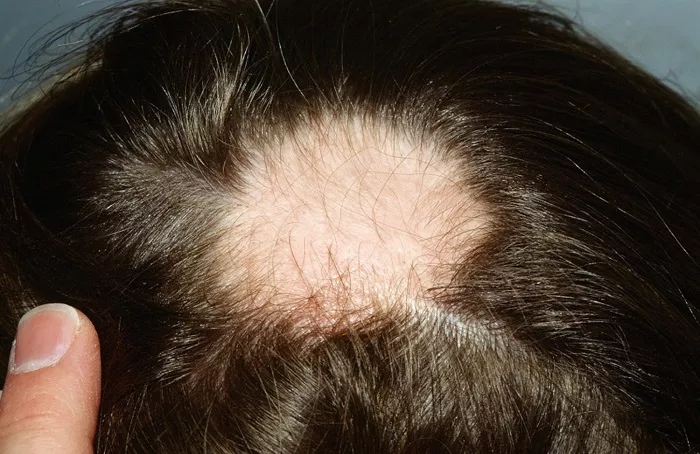Melbourne, Australia — A new study has shed light on the substantial emotional and occupational burdens faced by caregivers of adolescents living with alopecia areata, a chronic autoimmune condition characterized by hair loss. The research, led by Professor Rodney Sinclair of Sinclair Dermatology, emphasizes the broader impact of the disease beyond the affected adolescents, highlighting significant implications for caregivers’ mental health and quality of life.
The findings, published following a nationwide online survey conducted between April and July 2023, indicate that caregivers often experience heightened levels of anxiety, work-related challenges, and diminished well-being. The study was supported by the Australia Alopecia Areata Foundation (AAAF), which assisted in participant recruitment and survey dissemination.
Participants included parents and legal guardians aged 18 or older who were caring for adolescents aged 12 to 17 years with a medically confirmed diagnosis of alopecia areata for at least three months. The study involved both dyadic caregiver-adolescent pairs (where both completed the survey) and non-dyadic caregivers (where only the caregiver participated).
Researchers found that 62.3% of caregivers reported symptoms of anxiety—significantly higher than previous U.S. studies, which reported rates between 20.7% and 42.7%. In contrast, symptoms of depression were reported by 24.5% of participants, aligning with earlier U.S. estimates ranging from 7.3% to 18.3%.
The study also utilized the Quality of Life in Child’s Chronic Disease Questionnaire (QLCCDQ) to assess caregiver well-being. Across all measured domains—including symptoms, emotions, family dynamics, social engagement, and occupational functioning—caregivers of adolescents with alopecia areata scored consistently lower than those caring for healthy children. For instance, average scores in the emotional and occupational domains were 4.0 and 5.3, respectively, compared to 6.2 and 6.4 in the healthy cohort.
Notably, caregivers in non-dyadic groups reported higher levels of anxiety and depression, as well as lower overall QLCCDQ scores, suggesting a greater psychological toll. Researchers hypothesize that these disparities may be linked to the severity of the adolescents’ condition, with those experiencing more severe symptoms possibly declining to participate in the survey, thereby increasing caregiver stress.
The study further revealed that over half of respondents (50.9%) experienced disruptions in daily activities, while nearly half (49.1%) reported negative impacts on work productivity.
“These findings underscore the extensive impact of alopecia areata, not only on affected adolescents but also on their families,” the authors concluded. “The disease imposes a substantial psychosocial and occupational burden on caregivers, which must be recognized and addressed through adequate healthcare and social support services.”
The research calls for greater awareness of the hidden costs of alopecia areata and highlights the importance of providing holistic care that includes support for caregivers.
Related Topics:
- How to Recreate Daisy Edgar-Jones’s Romantic Side Fringe
- Kaya Clinics Launch Pioneering Cell-Based Hair Fall Treatment in India
- Peppermint Oil for Hair Growth: Hype or Hope? What Science Says


